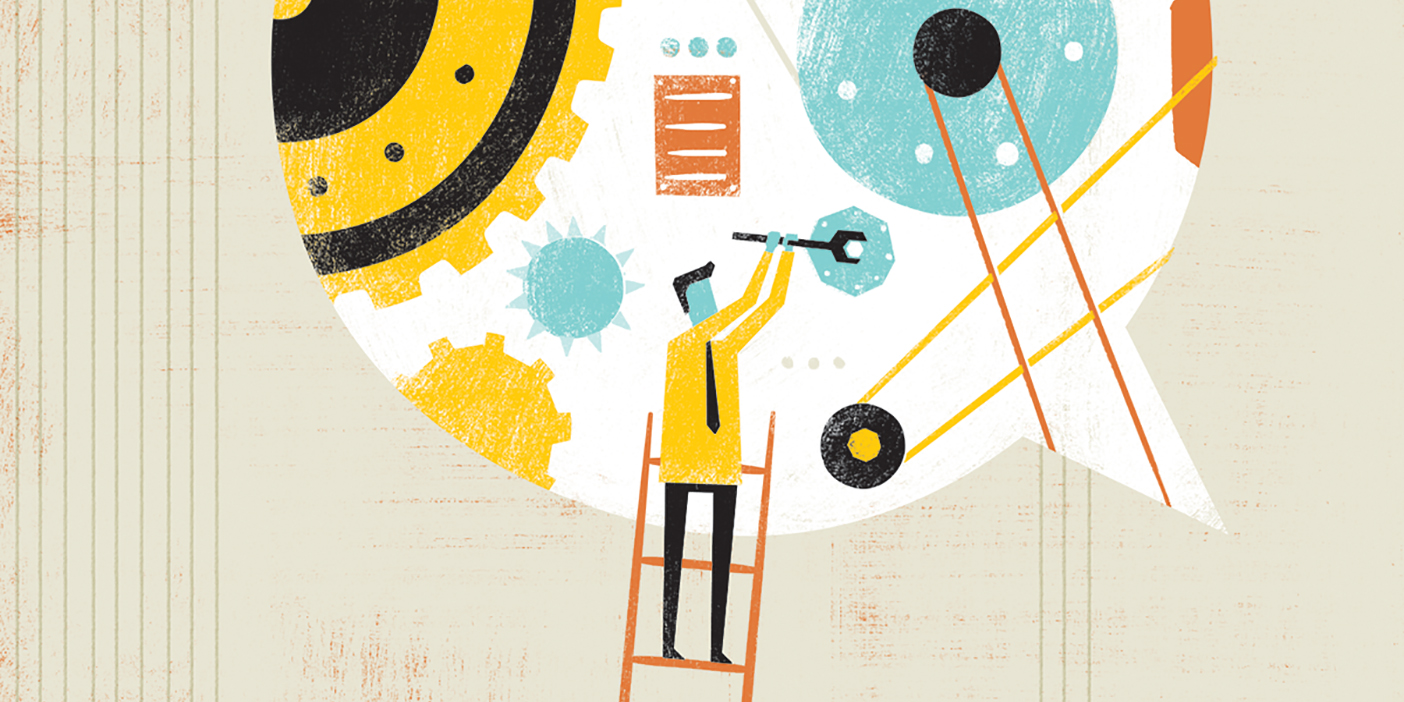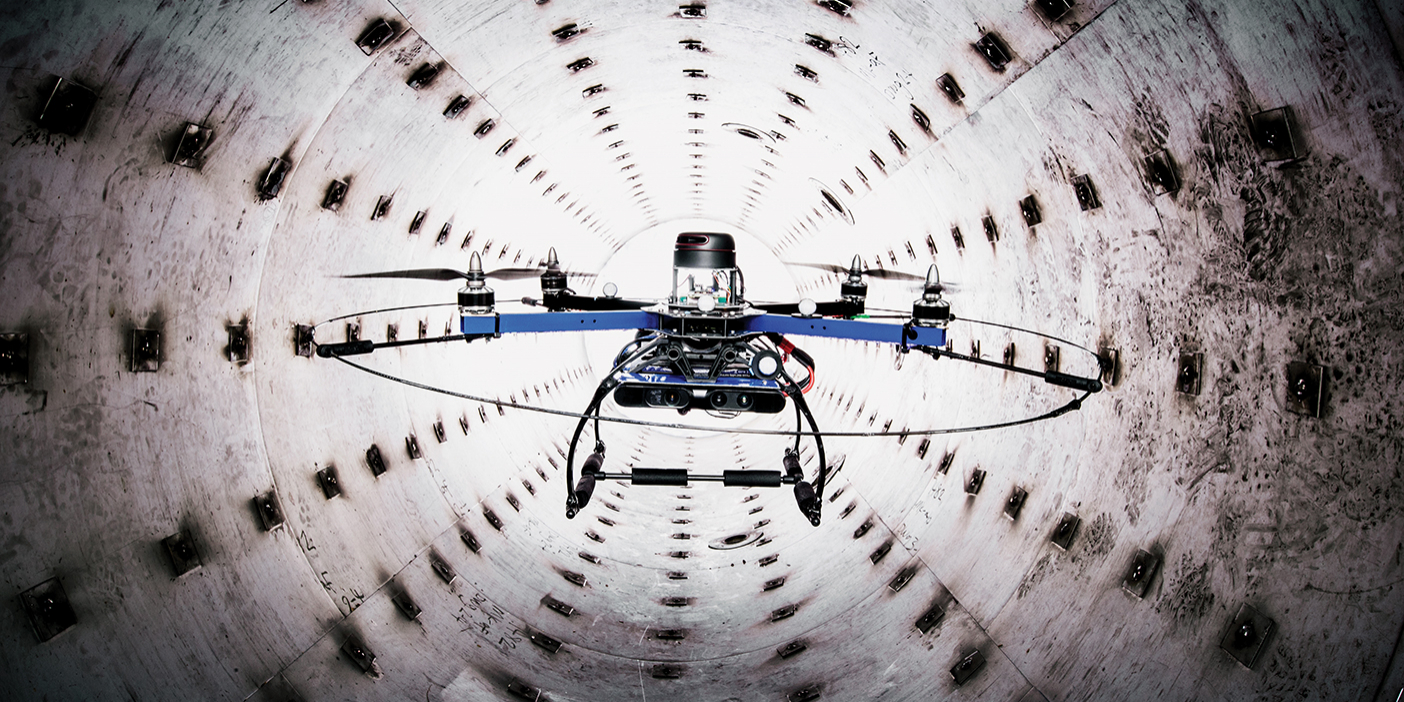Amazon picks BYU to up Alexa’s chat game. $1.5 million is on the line if they can build a better bot.
”What do you think the weather will be like tomorrow?” asks Eve.
“It’s supposed to be sunny,” you answer.
“If your life had a theme song, what would it be?”
“I thought we were discussing the weather.”
“I see. Do you have a favorite sports team?”
No, this isn’t a first date gone wrong. It’s a conversation with BYU’s social bot-in-training, Eve. As one of eight teams from around the world chosen to compete in Amazon’s Alexa Prize challenge, BYU computer-science students are teaching Eve to talk like a human—and how to avoid what they call bad-date syndrome.

The BYU team already received a $250,000 research grant from Amazon to develop Eve, and there’s a lot riding on her shoulders: if the team creates the best social bot, they win the competition and $500,000. And if Eve can hold a realistic 20-minute conversation, the team will be awarded an additional $1 million.
“The goal . . . is to create a full-fledged conversational AI [artificial intelligence] system,” says Nancy Owens Fulda (BS ’02, MS ’04), a computer-science PhD student and BYU’s team lead. Right now, Alexa—Amazon’s digital assistant—can play your favorite song, order groceries, and even control the lights in your house. But she’s not a great conversationalist. That’s where Eve, which runs on the Alexa platform, comes in.
Fulda and her team use neural networks—“simplified model[s] of the human brain,” according to faculty advisor David Wingate (BS ’02, MS ’04)—to teach Eve to speak grammatically. Eve’s neural network is fed millions of lines of conversation scraped from the internet, allowing her to predict what dialogue she is most likely to encounter next.
“If I showed you the sentence ‘The food was good but the service was . . . ,’ you would be very likely to guess that terrible or awful or poor might be the next word,” explains Fulda. “Eve is using similar prediction algorithms, creating each sentence word by word.” These algorithms also work on a grander scale: to create coherent conversational flow, Eve’s neural networks also try to predict the next sentence in a conversation.
Usually her answers are plausible, but there are drawbacks to using the internet as Eve’s textbook. In the early stages of her development, the BYU team tweeted that Eve was able to “insult people like a Reddit pro.”
Beyond the competition, conversationally competent AI creates endless possibilities for social good: increasing educational opportunities, helping Alzheimer’s patients stay focused, or becoming conversational partners for those who suffer from social anxiety, to name a few.
With the challenge ending in November, the BYU team is steadily developing Eve, but there’s a real possibility that it simply won’t work—or won’t work for several years. Nonetheless, Fulda is undaunted: “We’re trying to take a bunch of individual parts . . . to create a synthetic personality that is unpredictable and unique and innovative and creative. And for me, the challenge of trying to do that is, in a way, more interesting than the final result.”












